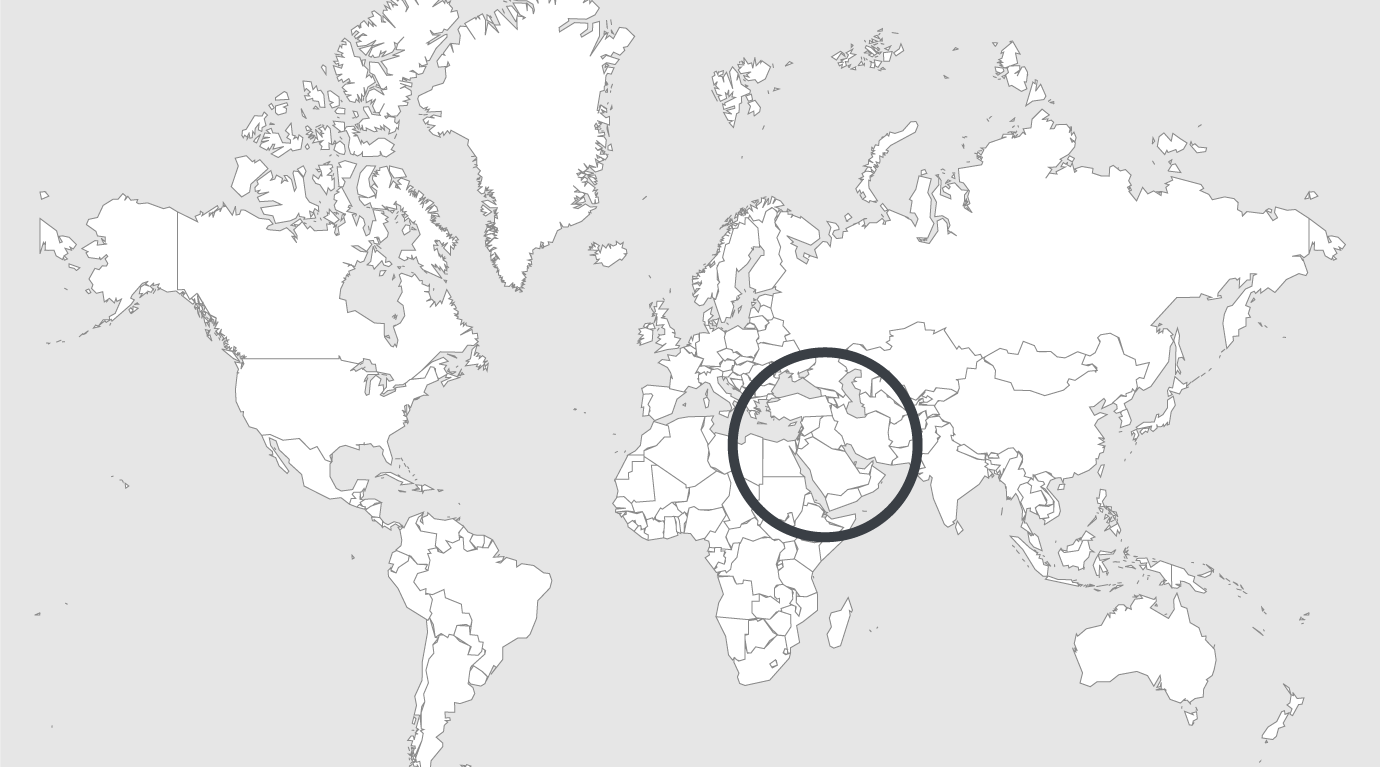
Explore
Lebanon's prisons: A microcosm of disease, sectarianism and near-anarchy
Inter-ministerial wrangling over the control of the prison facilities coupled with police brutality and a lack of funding has exacerbated the human rights situation of incarcerated people in the country.
Roumieh, the country’s largest detention facility - which only years ago held the highest number of convicted militants per square metre in the world - operates at nearly four times its capacity. Inmates don’t have access to sufficient food, water, or hygiene products, which allows for the rapid spread of diseases and infections. Drugs are also allowed in by guards who are all too happy to profit from the situation. By recent estimates, at least 100 prisoners are made to share one toilet.
Last week, it was a fresh scabies outbreak that put Roumieh’s notoriously foul conditions back in the news headlines. The condition- caused by parasitic mites burrowing into and laying eggs inside human skin- is common in crowded places where skin-to-skin contact is unavoidable, and resources are lacking.
Rats were thought to be the cause of the last scabies outbreak in August, when the rodents were found in a prison water tank.
Hadi, who spent two years at the prison between 2018 and 2020, wasn’t surprised to hear of the outbreak, nor was he particularly fazed. For him, there were far worse things happening at Roumieh than mite-infested skin: he says during his internment he rarely saw sunlight; electricity was a blessing, sometimes accessible for less than two hours per day; and the food was enough for maybe one-third of the prisoners.
He’s visibly nervous, but unlike many of those who have spent time at Roumieh, he’s unafraid of the consequences of speaking publicly.
“It’s not for a human. It’s not allowed that a human be there or stay there,” Hadi says.
